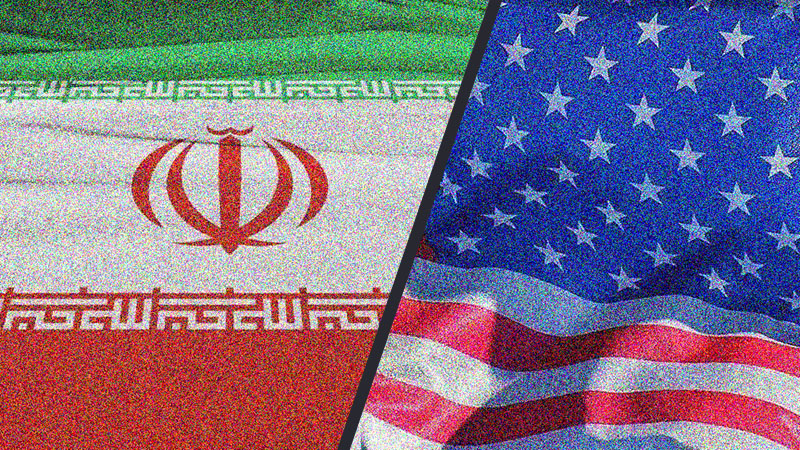Payam Javan: On April 7, 2025, President Donald Trump announced that the United States will hold direct high-level talks with Iran on April 12, aiming to negotiate a deal to prevent Tehran from obtaining nuclear weapons. The announcement came during a White House meeting with Israeli Prime Minister Benjamin Netanyahu, where Trump emphasized that a diplomatic solution would be preferable to military action. He hinted at the possibility of a “very big meeting” but provided no specifics on the location or participants, only noting that discussions would involve senior-level officials.
Trump underscored that Iran must not be allowed to develop nuclear capabilities, warning of severe consequences if an agreement isn’t reached. This comes despite Iran’s historical reluctance to engage in direct talks with the U.S., with Foreign Minister Abbas Araghchi recently calling such threats counterproductive to negotiations. However, Iranian President Masoud Pezeshkian has left the door open for indirect talks, following a letter from Trump last month proposing dialogue, signaling a potential shift in diplomatic strategy amid ongoing tensions.
The Trump administration has maintained a hardline stance on Iran, reviving its “maximum pressure” campaign with sanctions and re-designating the Iran-backed Houthis as a terrorist group. This follows Trump’s withdrawal from the 2015 Iran nuclear deal (JCPOA) during his first term, a move supported by Netanyahu, who had long opposed the agreement. Alongside the Iran discussions, Trump and Netanyahu addressed U.S.-Israel trade issues, with Netanyahu vowing to eliminate trade deficits and barriers, particularly after recent U.S. tariffs on Israel and other nations.








